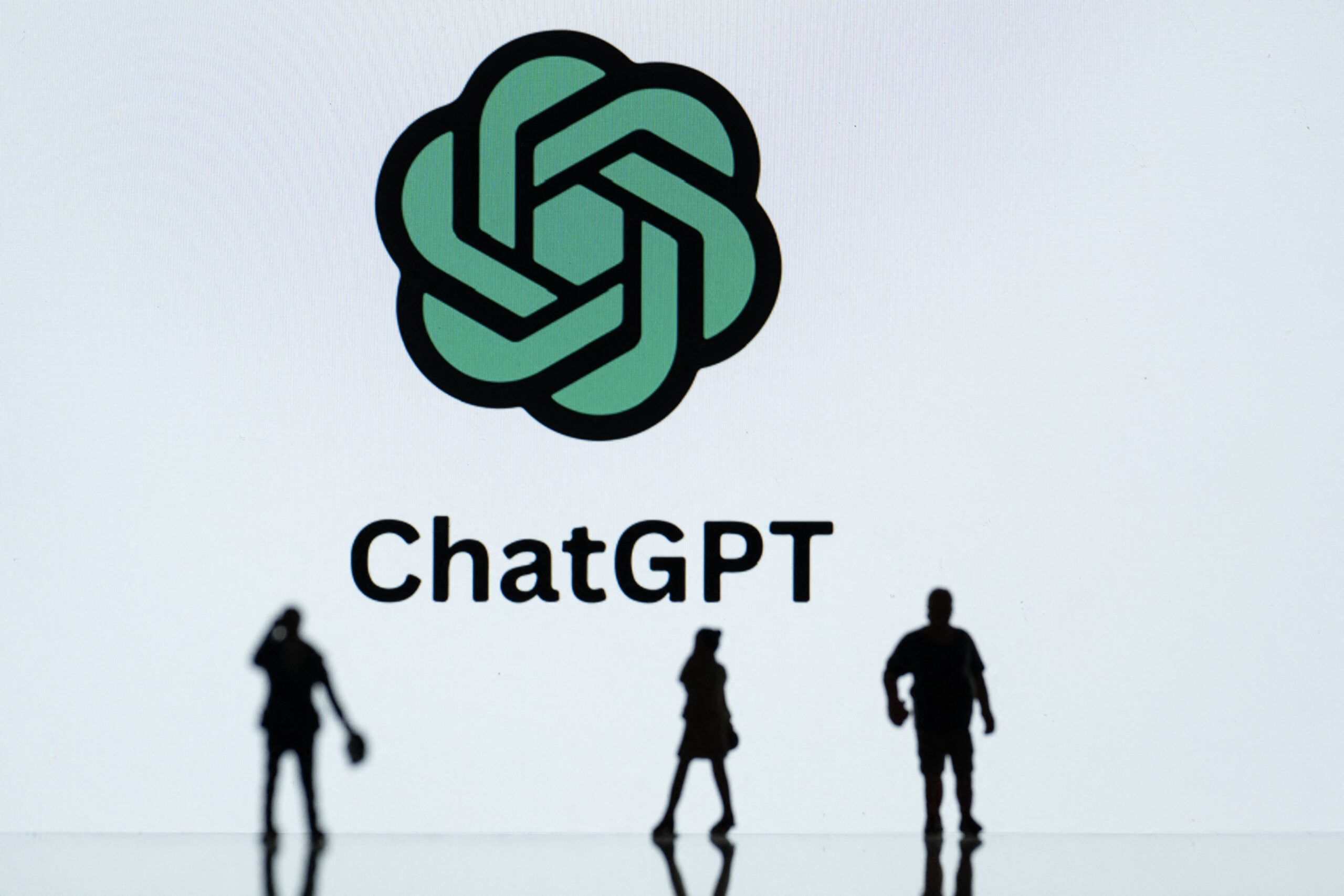Cybersecurity official proposes another agency for AI regulation

Agence France-Presse file photo
MANILA, Philippines — A reformed coup plotter who has reinvented himself as a cybersecurity expert pushed for more regulation of artificial intelligence (AI) technologies in the country to prevent their malign use by terrorists and criminals.
“ChatGPT is usually used for the right reasons by our students and our businesses that want an AI-enabled platform,” said former lawmaker Francisco Ashley Acedillo, now a deputy director general of the National Intelligence Coordinating Agency (Nica).
“But terrorists and criminal groups can also use ChatGPT,” Acedillo, one the leaders of the failed Oakwood mutiny in 2003, said in an interview over government television.
READ: AI: a double-edged sword
Because of the hundreds of AI platforms worldwide, Acedillo doubted whether the moderation and other security measures of AI platforms could be effective.
Article continues after this advertisementAI platforms, not only chatbots, have safeguards in place against malign applications, with humans involved in unspecified “moderation” tasks to improve platform responsiveness, including agentic functions.
Article continues after this advertisementThe Nica official suggested the creation of yet another government bureaucracy to “regulate” machine learning.
“We have Amazon, Google and Meta. These are the companies that have the most advanced AI platforms. Our aim is to work with them so that we will eventually have a regulatory body that will ensure that the AI technologies in our country have enough safeguards in place,” Acedillo said.
Precautionary measure
According to him, such a regulatory body may also monitor AI-produced content against abuse and misuse.
Acedillo cited a recent deepfake video that showed President Marcos supposedly receiving a sachet containing a white substance, which Malacañang said was a lapel pin and not illegal drugs.
“If even our President can be the victim of deepfakes, our countrymen can be victimized too,” he said.
Acedillo added that a regulatory body could also educate universities and the public on how AI platforms should be used and for the right purposes.
The Nica official also highlighted the importance of having partnerships with international organizations.
“With the dispersion of technology, there is a risk that even terrorist groups might get their hands on weapons of mass destruction. It is harder to monitor these small, nonstate actors. That’s why it’s crucial that we have these partnerships with international groups,” Acedillo said.